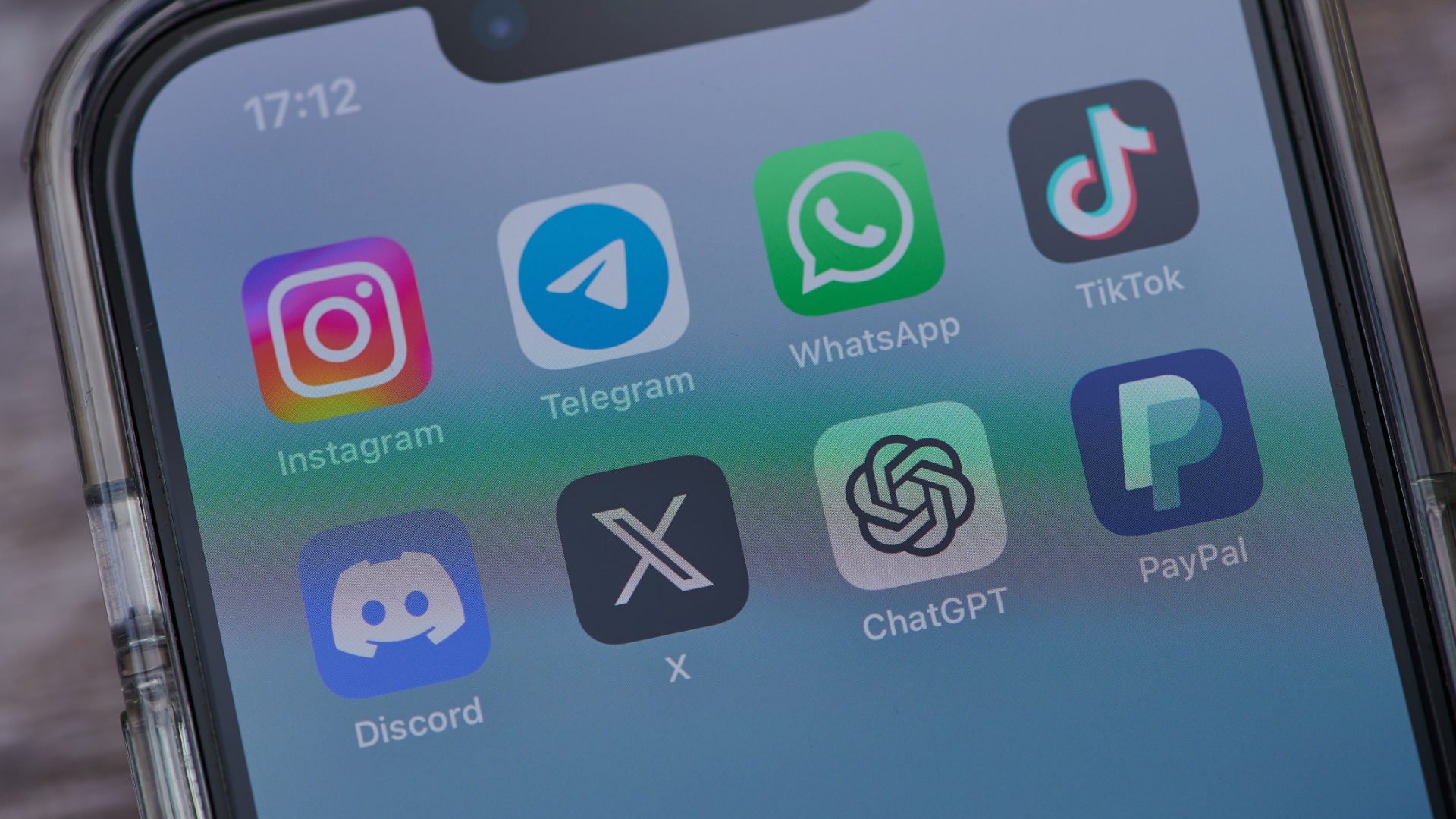HUMAN RESOURCES AND MANAGEMENT RESEARCH STAFF
In the News: Mental Health Challenges of Isolation – Lessons from Gig Workers on Adapting and Thriving
January 7, 2023 ·
Contributed by: Erin Reid, Professor, Human Resources and Management

In the wake of the pandemic, it is clear that remote work is here to stay. It seems every week there are more news stories about workers preferring to work remotely, or companies closing physical office spaces.
This shift has employees and managers navigating new workplace challenges, not least of which is mental health concerns from working in isolation.
Now more than ever, there is much to be gained by learning from the lived experiences of gig workers – anyone working independently on a “gig-to-gig” basis. Many have experienced and experimented with managing a form of radical agency, flexibility and autonomy in an environment where working in isolation was a norm long before it became a more global reality.
We are a team of management professors at Indiana University, the University of North Carolina at Greensboro, McMaster University and the University of Michigan. Drawing on our own research on gig work, as well as that of others studying the gig economy, we can identify some of the challenges of working in isolation, and offer some practical advice on how to address them.
The emotional costs of isolated work
Gig work comes with some upsides, like being one’s own boss or setting one’s own schedule. However, the isolation typical of gig work can also take an emotional toll. Gig workers often feel lonely and anxious because they lack easy access to relationships or membership in an organization.
In preliminary research done for her dissertation, one of us, Brittany Lambert, has found that this anxiety can rise to clinically significant levels. In this research, 47 gig workers in highly skilled professions provided a total of 1,287 responses to daily surveys about their work experiences and mental health. Initial findings revealed that on average, they experienced heightened levels of anxiety for more than half of the 10-day study.
Some degree of worrying is healthy – it can even support productivity. However, higher levels of persistent anxiety can also be disruptive. As workers drain their resources and energy to manage both the chronic anxiety stemming from their working conditions and the daily demands of their job, they may be more likely to burn out.
Additionally, research into the isolation of gig work has shown that working this way has implications for professional development. Gig workers can often lack access to social resources that help traditional workers do their jobs and advance their careers, like feedback, new ideas, knowledge and even emotional support.
While these obstacles may still be fresh to newly remote employees, many gig workers have learned to flourish in the face of these challenges. In fact, Lambert’s dissertation suggests that the autonomy in this type of work – working by yourself and choosing how, when and where to work – may be both anxiety provoking and anxiety reducing (protective to mental health). So, how do gig workers equip themselves to thrive in work environments that isolate them from their colleagues? Research suggests some answers.
Cultivate community
One way to break the isolation of working alone is to intentionally craft a support system.
Emerging research on gig workers’ social lives suggests it is possible to build a thriving social community even when work does not come with built-in relationships. Instead, gig workers must be proactive and resourceful in pursuing and deepening these connections.
For instance, more and more gig work communities are popping up in various cities, facilitated by online forums, writers associations and co-working spaces. These groups can provide a sense of belonging to a larger community.
Another way gig workers creatively cultivate relationships is by routinely working in the same public place — a “third place” like a coffee shop. Research findings suggest that gig workers fare better when they proactively seek out and foster the meaningful relationships shown to support thriving and managing difficult emotions, like anxiety, at work.
Break negative thought patterns
Rumination is a repetitive pattern of negative thinking in which people fixate on their problems and shortcomings rather than remembering achievements or thinking up potential solutions.
When isolated workers feel lonely and anxious, they are more likely to ruminate. For example, the combination of gig work stressors, from financial instability to chronic isolation, may promote ruminative thought patterns such as, “I didn’t finish this client work today – that means I’m not good at my job or cut out to succeed in this type of work.” Breaking this cycle of unhelpful thinking can reduce anxiety and increase engagement at work.
There are many evidence-based tools and practices that can help people become aware of and engage with ruminative thoughts in more helpful and effective ways. These include mindfulness techniques, journaling and reflection, and many forms of psychotherapy.
A reflection exercise
The next time you notice feeling down, anxious or stuck ruminating, here is one simple exercise created by clinical psychologist Natasha Hansen of Indiana University to shift those feelings and thoughts. Pause and ask yourself the following four questions, writing down your responses and reflecting on each one as you go:
- What was I just thinking?
- Is that thought true – what is the evidence for the thought, and is there any evidence against the thought?
- Is that thought helpful – does it move me in the direction of the things that are important to me?
- Is there something else I could tell myself that would be both more true and more effective in moving me in the direction of my goals?
Take another minute to reflect on what you wrote down in Step 4. How does it make you feel? What does it prompt you to do in comparison with the thought you wrote down in Step 1?
Doing this sort of exercise regularly can help isolated gig workers manage their mental health. Much in the same way that athletes build muscle memory when they train, the more workers of all kinds practice catching and shifting unhelpful thought patterns, the more habitual effective thinking becomes.
In sum, we believe that understanding where gig workers struggle and what they do to effectively manage these challenges can help all of us as we try to navigate a future of work where “going to work” often means being alone.
Authors: Brittany Lambert, Assistant Professor of Management and Entrepreneurship, Indiana University; Brianna Barker Caza, Associate Professor of Management, University of North Carolina – Greensboro; Erin Reid, Associate professor, Human Resources & Management, McMaster University, and Susan Ashford, Michael and Susan Jandernoa Professor of Management and Organizations, University of Michigan.
This article is republished from The Conversation under a Creative Commons license. Read the original article.
















